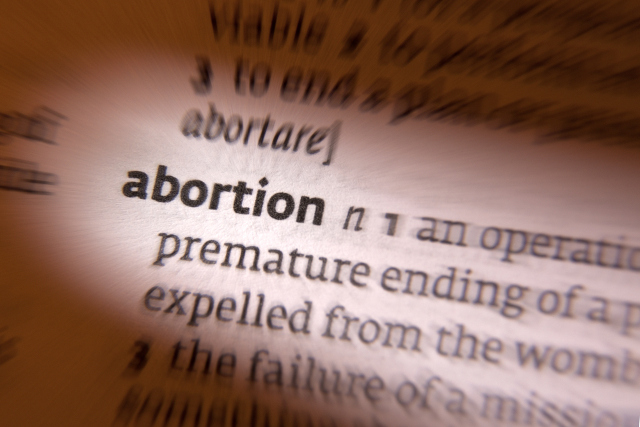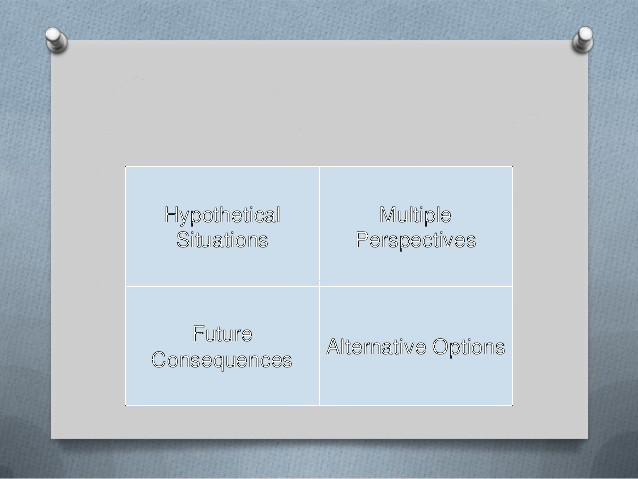
An abortion is when a pregnancy is ended early, without the natural birth of the child and before it is ready to survive outside of the uterus. A developing human usually takes about thirty-nine weeks to grow and be born. - From Wikipedia, the free encyclopedia.
Medically, abortion means loss of the fetus, for any reason, before it is able to survive outside the womb. The term covers accidental or spontaneous ending, or miscarriage, of pregnancy as well as deliberate termination.
Following the passing of the Abortion Legislation Act 2020 on March 23rd the following rules now apply:
Women should be informed of the range of emotional responses they may experience before, during and after an abortion.
Possible psychological and emotional responses after an abortion may include any or many of the following:

Counselling has been defined as: ‘the process of enhancing a subject’s ability to assess and understand the index situation, evaluate options and make an informed choice or decision. This entails sensitive provision of comprehensive information in a nondirective or nonjudgemental manner.’
Health practitioners caring for a woman requesting abortion should advise a woman of her right to seek counselling and facilitate her referral to a suitably trained and credentialled professional whose counselling practice meets these standards.
Counselling services are not mandatory for women seeking abortion services. Given the magnitude of the decision, Pregnancy Choice encourages all those considering abortion to seek competent counselling that should include:
There are many ways you can help us with our mahi.